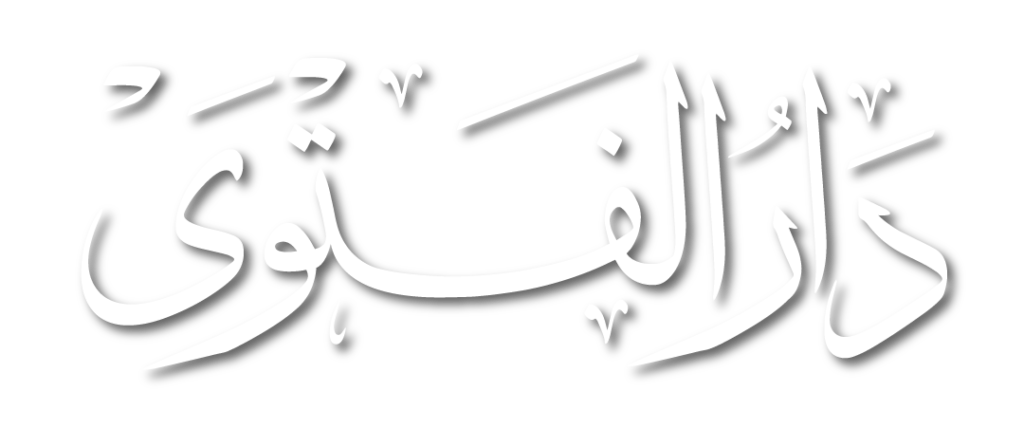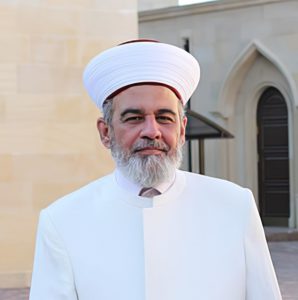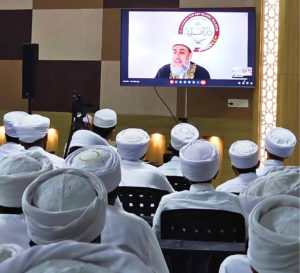Al-Ghazaliyy[1] said in Ihya’ ^Ulumi-d-Din:
Surely He (Allah) is Eternal, His Existence does not have a beginning and His Existence does not have an end, and surely He is not an entity that is contained. Rather, He is Exalted and Glorified from whatever is the attribute of the occurrences. Surely He is not a body that is composed of particles, and had it been valid to believe that the Maker of the world is a body, it would have been valid to believe in the godhood of the sun and the moon or any other thing among the different types of bodies. So He does not resemble anything, and nothing resembles Him, rather He is the Living, the Qayyum[2] who does not resemble anything. How would the creation resemble its Creator, and the limited thing resemble the One who Limited it, and the image resemble the One who Gave it the image?
This Kalam is not the Kalam that the scholars dispraised. The Salaf have only dispraised the Kalam of the innovators in the creed, like those who liken Allah to the creation, the Mu^tazilah, the Khawarij, and the other deviant factions, those factions that have deviated from what the Messenger and his Companions were upon, those who have divided into 72 factions, just as the Messenger informed about in the authentic, confirmed hadith. Ibn Hibban narrated with his chain of narration back to Abu Hurayrah that he said that the Messenger of Allah said:
افترقت اليهود على إحدى وسبعين فرقة وافترقت النصارى على اثنتين وسبعين فرقة ستفترق أمتي إلى ثلاث وسبعين فرقة كلهم في النار إلا واحدة وهي الجماعة
[which means] “The Jews have divided into 71 factions, the Christians have divided into 72 factions, and my Nation will divide into 73 factions. All of them will be in Hell except one, and that is the Jama^ah,” i.e., the vast majority.
As for the knowledge of Kalam that Ahlus-Sunnah busied themselves with, it was practiced before Al-Ash^ariyy and Al-Maturidiyy by the likes of Abu Hanifah, for he has five treatises on the subject, and Imam Ash-Shafi^iyy mastered it to the extent that he said, “We mastered that before this,” i.e., we mastered the science of Kalam before Fiqh.
[1] Abū Ĥāmid Muĥammad Ibn Muĥammad Ibn Muĥammad Ibn Aĥmad ať-Ťūsiyy Ash-Shāfi^iyy Al-Ghazāliyy (450 – 505 AH).
[2] The One who does not need anything, or the One Whose Existence does not end, or the One with confirmed Existence.





